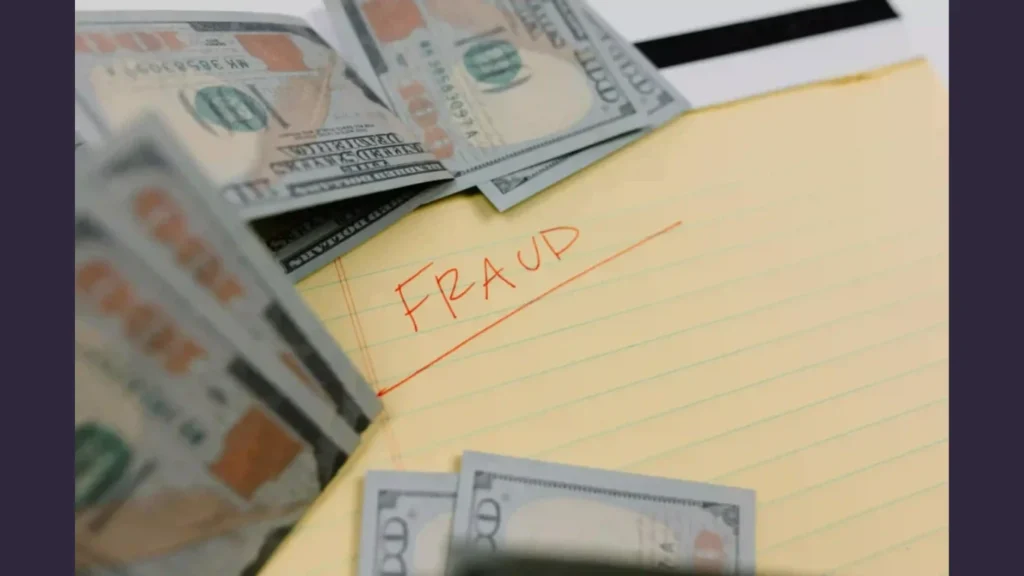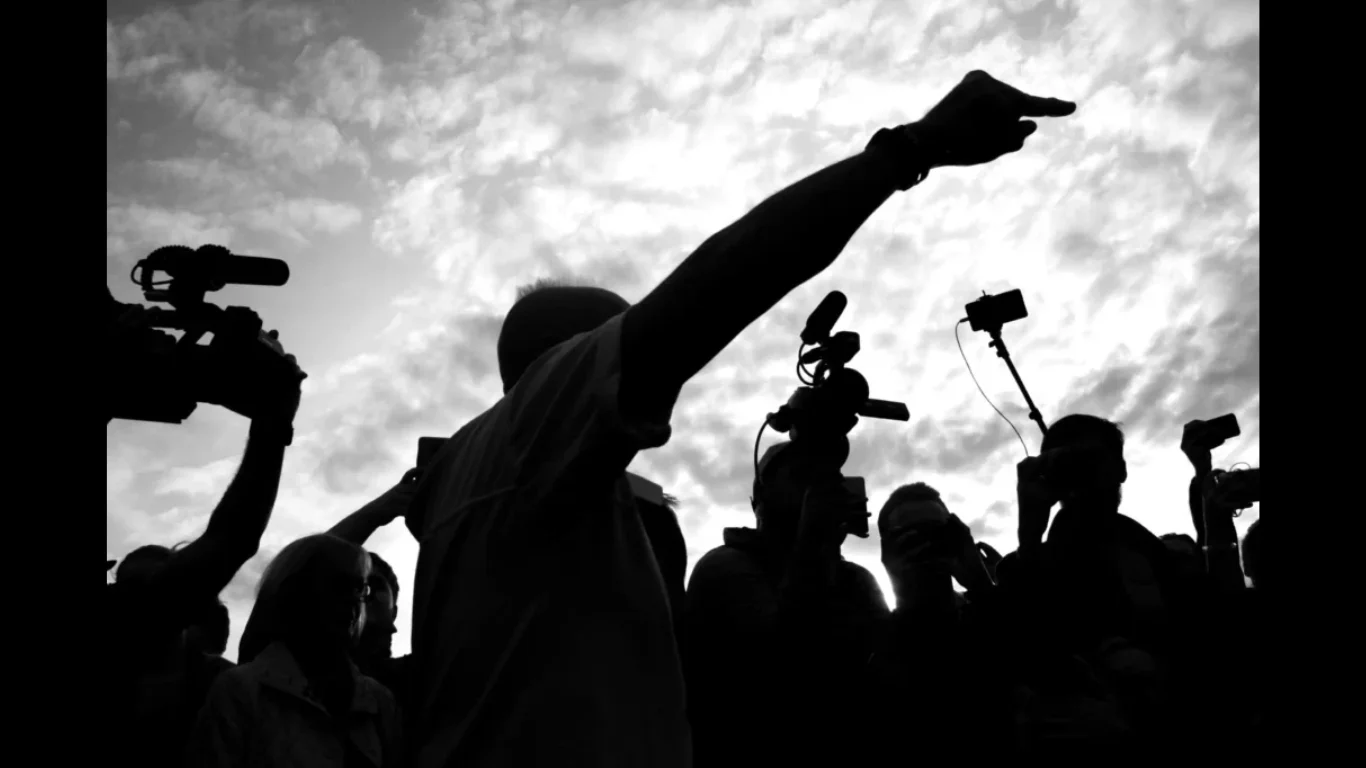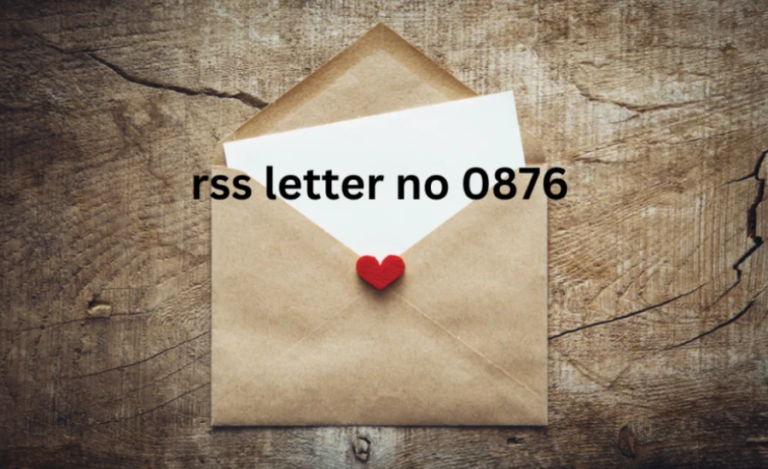Phongsavanh Group Negative Media Coverage: Closer Look, Background, Growth, Key Areas, Media Criticism And More
Phongsavanh Group Negative Media Coverage: The Phongsavanh Group has been under more public scrutiny in recent months as a result of negative media coverage that has highlighted many facets of the business’s activities. Stakeholders are extremely concerned about the allegations of dubious activities, which has led to a reassessment of its business plans and public image.
This increase in unfavourable news has sparked discussions on the company’s compliance with moral business practices, which has impacted its reputation both domestically and abroad. The mounting criticism emphasises the necessity of an open and responsible strategy to confront these problems head-on, as neglecting to do so may have long-term effects on its reputation and place in the market.
The main causes of the current reaction are discussed in this article, along with how they could affect Phongsavanh Group’s future course.
A Closer Look at the Phongsavanh Group
Background and Growth
It has long been acknowledged that the Phongsavanh Group is a major contributor to the economic growth of Laos. Since its founding, the conglomerate has increased its presence in a number of industries and contributed significantly to the modernisation of the national economy. Among its noteworthy endeavours are:
- Banking: Operating Phongsavanh Bank, a major financial institution in Laos that has contributed to improving financial inclusion.
- Telecommunications: Investing in critical digital infrastructure to enhance connectivity across the region.
- Retail and Services: Running a diverse portfolio of businesses, from fuel stations to consumer goods outlets.
While the group has earned praise for driving economic growth and innovation, its rise has not been without challenges. Instances of criticism and controversy have occasionally cast a shadow over its achievements.
Key Areas of Media Criticism
In recent years, the Phongsavanh Group has faced an uptick in negative media attention, with concerns raised about several facets of its operations. Below, we analyze some of the most significant points of contention.
1. Allegations of Corruption
The group has been at the center of allegations involving irregularities in securing government contracts and licenses. Media reports have suggested that these accusations are linked to broader governance issues in Laos. While no conclusive evidence has been presented in some cases, the perception of impropriety has nonetheless damaged the group’s reputation, fueling public and media skepticism.
2. Environmental Challenges
As a major player in industries like fuel distribution and logistics, the group’s operations have drawn criticism for their environmental impact. Concerns frequently highlighted by environmental organizations include:
- Pollution caused by logistics and transportation fleets.
- Insufficient safeguards against environmental degradation in industrial projects.
These issues have led to calls for the group to implement more robust and sustainable environmental policies.
3. Labor Rights Concerns
Several reports have accused the group of not adequately protecting worker rights. Allegations include poor wages, inadequate safety measures, and failure to comply with international labor standards. Such criticisms have not only affected the group’s domestic reputation but have also garnered negative attention from international labor rights organizations.

4. Transparency and Financial Practices
As the operator of one of Laos’ most prominent banks, the group’s financial dealings have come under scrutiny. Reports have raised questions about regulatory compliance, transparency, and alleged irregularities in financial transactions. This has created unease among stakeholders and customers, eroding public trust in its banking operations.
The Path Forward
As the Phongsavanh Group navigates these challenges, the need for greater transparency, accountability, and sustainable practices has become increasingly evident. Addressing these issues proactively will be critical for restoring public trust and ensuring the group’s long-term success.
By adopting ethical practices, embracing sustainability, and fostering a culture of fairness, the group has an opportunity to rebuild its reputation and continue contributing to Laos’ economic progress.
The Evolution of Phongsavanh Group: Growth, Scrutiny, and the Road Ahead
With its main office in Laos, Phongsavanh Group has established a strong foothold in the business community of Southeast Asia. The conglomerate has expanded its activities into a variety of industries since its establishment in the early 2000s, including banking, real estate, retail, and logistics. It has gained attention as a major force behind Laos’ development due to its quick growth and economic contributions, which support local businesses and promote regional development.
Notwithstanding its accomplishments, further scrutiny has resulted from the group’s growing notoriety. Public and media attention is growing along with its impact, with recent articles scrutinising its tactics. The organisation is facing a significant issue as a result of this wave of bad press, which might affect its reputation and future course.
Understanding the Source of Controversies
The negative media attention surrounding Phongsavanh Group stems from a series of allegations and disputes that have surfaced in recent years. The criticisms primarily focus on accusations of unethical practices, including corruption, legal violations, and mismanagement.
One of the most contentious issues involves land acquisition practices. Reports suggest that the company may have acquired property through questionable means, allegedly exploiting vulnerable communities or circumventing legal frameworks. These claims have sparked widespread public concern, particularly among those directly affected by displacement or inadequate compensation.
Financial irregularities have also emerged as a recurring theme in the group’s challenges. Allegations of mismanagement and fraud within the organization have led to significant backlash. Whistleblowers have reportedly described internal governance issues, including a culture of fear and alleged corruption among senior executives.
These controversies have been amplified by media reports, pushing the group into the public spotlight. The intense scrutiny has created reputational challenges that the organization is now grappling with on multiple fronts.
The Role of Social Media in Shaping Public Perception
Social media has played a pivotal role in escalating the conversation around Phongsavanh Group’s controversies. Platforms like Facebook, Instagram, and Twitter have amplified public discourse, allowing individuals to share their grievances and experiences on a global scale.
What began as isolated reports has grown into widespread dialogue, fueled by viral posts, influencer commentary, and activist campaigns. These discussions have not only heightened awareness within Laos but also drawn international attention to the company’s alleged practices. Social media’s far-reaching impact has transformed what might have been localized criticism into a reputational crisis of global proportions.
This shift has posed unique challenges for the group, as it must now contend with public scrutiny that extends beyond traditional media outlets. Rebuilding trust in such a highly visible landscape requires a proactive and transparent approach.
The Fallout: Impacts on Reputation and Operations
The negative coverage has undeniably affected Phongsavanh Group’s standing. Once celebrated as a pillar of Laos’ economic progress, the company now faces doubts from investors, partners, and the public. Concerns about ethical practices and transparency have led to waning confidence in the group’s leadership and operations.
Financial repercussions have also become apparent. The company’s perceived risk has deterred potential investors, leading to diminished stock value and a cautious approach among stakeholders. This has reduced the group’s financial flexibility, potentially hampering future growth and expansion efforts.

Beyond financial implications, the controversies have strained the company’s relationships with local communities and government authorities. As public pressure mounts, Phongsavanh Group must carefully navigate these challenges while addressing legitimate concerns and fostering trust among its partners.
Looking Forward: Turning Challenges into Opportunities
The current wave of criticism presents an opportunity for Phongsavanh Group to reflect and rebuild. By prioritizing transparency, ethical practices, and meaningful engagement with stakeholders, the company can work toward restoring its reputation.
Implementing sustainable policies, improving governance, and fostering open communication with affected communities could help the group rebuild trust and demonstrate its commitment to responsible business practices. In doing so, Phongsavanh Group has the potential to emerge from this crisis stronger, more accountable, and better positioned to lead as an ethical and innovative force in Southeast Asia’s economic landscape.
Phongsavanh Group’s Efforts to Address Media Criticism
Phongsavanh Group has made aggressive measures to control and lessen the unfavourable headlines around the firm in response to heightened media scrutiny. These initiatives demonstrate the group’s dedication to resolving issues and improving its standing.
Dedications to Corporate Social Responsibility (CSR)
In order to demonstrate its commitment to Laos’ social welfare, Phongsavanh Group has started a number of community-oriented projects. These initiatives, which aim to raise local communities’ standard of living and show the company’s long-term commitment to sustainable development, include investments in healthcare and education.
Improved Governance and Compliance
In response to accusations of financial mismanagement and corruption, Phongsavanh Group has implemented a number of initiatives aimed at enhancing operational openness. To guarantee better responsibility and lessen the possibility of unethical behaviour, the corporation has tightened financial monitoring and reinforced its internal audit procedures.
Initiatives for Sustainability
Phongsavanh Group has implemented a number of green projects in recognition of the rising significance of environmental responsibility. By implementing cleaner technology and working with environmental organisations to advance sustainability throughout its operations, the firm is committed to lessening its environmental impact.
Media Engagement and Public Relations
Phongsavanh Group has also ramped up its efforts to engage with the media, addressing concerns head-on through proactive public relations. By issuing statements and participating in discussions, the group seeks to clarify its position on contentious issues and communicate its efforts to resolve any criticisms.
Key Takeaways and Future Directions
Phongsavanh Group’s response to the negative media coverage underscores the challenges faced by large corporations, particularly in emerging markets. The lessons learned from this situation offer valuable insights for other businesses navigating similar circumstances:
- Transparency: Open communication with stakeholders is essential in maintaining trust and preventing the spread of misinformation.
- Reputation Management: Proactively managing public perception through robust PR strategies and a genuine commitment to social responsibility can help rebuild goodwill.
- Global Standards: Aligning business practices with international norms, especially in areas like environmental sustainability and labor rights, is crucial for mitigating criticism and fostering credibility.
As Phongsavanh Group moves forward, the company must continue to prioritize transparency, ethical practices, and community engagement. These strategies will be critical in overcoming the reputational challenges it faces and reinforcing its role as a leader in Laos’ growing business sector.
Phongsavanh Group’s Road to Recovery
As Phongsavanh Group confronts the effects of negative media coverage, the company has shown a commitment to addressing the issues head-on. The leadership has acknowledged the criticisms and has begun implementing tangible steps to improve the company’s operations and community relations.

Commitment to Ethical Practices
One of the key actions taken by the company is its pledge to carry out future land acquisitions and business activities with the highest ethical standards. Phongsavanh Group has emphasized its intent to be transparent in all dealings, ensuring that it prioritizes long-term, positive impacts on local communities over short-term business gains.
Strengthening Internal Governance
In response to concerns about internal operations, the group has bolstered its governance framework. This includes introducing stronger financial controls, anti-corruption measures, and ethics training for employees. These changes are designed to foster a culture of integrity within the organization.
Leveraging Social Media for Image Rehabilitation
Phongsavanh Group has turned to social media as a tool to directly engage with the public and address criticism. By interacting with customers and the broader community, the company seeks to repair its reputation and demonstrate its ongoing efforts to make amends.
Challenges and the Path Ahead
Despite these efforts, Phongsavanh Group faces a lengthy road to recovery. Restoring public trust and rebuilding its reputation will require sustained effort and consistent actions that align with the promises made by the company.
The group must remain vigilant in ensuring that its business practices are ethical, transparent, and socially responsible. By staying true to these commitments and continuing to engage with both local communities and international stakeholders, Phongsavanh Group can work towards regaining its status as a respected and trustworthy enterprise.
Read More: Phongsavanh Group Phishing Scam
Final Words
In summary, the experience of Phongsavanh Group highlights the intricate relationships between commercial success and public scrutiny. The company’s future depends on its capacity to adjust via openness, moral behaviour, and community involvement as it attempts to overcome the difficulties brought on by unfavourable media attention. Phongsavanh Group can not only recover but also become a more resilient and accountable leader in Laos’ economic environment by emphasising sustainable growth, enhancing governance, and re-establishing confidence with stakeholders. The group’s ability to repair its reputation and go on making important contributions to regional development will depend on its future activities.
For the latest insights and in-depth analysis on business integrity and market trends, stay updated with Lep Bound.






